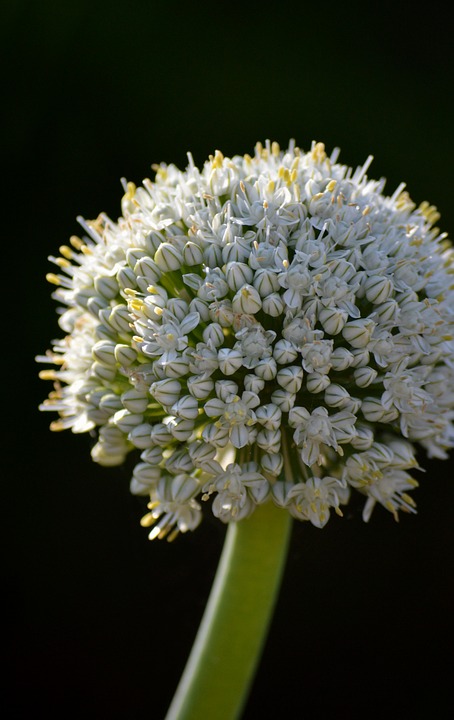In our increasingly globalized world, the transmission of values and traditions plays a crucial role in breaking down cultural barriers and fostering understanding and mutual respect among diverse communities. This article will explore the significance of preserving and passing on cultural values and traditions, the challenges faced in doing so, and the potential impact on future generations.
Historical Context
Throughout history, the transmission of values and traditions has been a vital aspect of cultural identity and cohesion. From ancient civilizations to modern societies, the passing down of values and traditions has served as a way to connect generations, maintain social order, and preserve a sense of shared heritage.
In traditional societies, oral traditions, rituals, and ceremonies were used to pass on cultural values and teachings from one generation to the next. These practices helped to reinforce collective identities and instill a sense of belonging and continuity within communities.
As societies evolved and became more interconnected, the transmission of values and traditions faced new challenges. Globalization and rapid technological advancements have led to the erosion of traditional practices and the homogenization of cultures. As a result, many communities are at risk of losing their unique cultural identities and heritage.
Current State
In the face of these challenges, efforts are being made to preserve and transmit cultural values and traditions to future generations. Cultural institutions, educational programs, and community initiatives play a crucial role in safeguarding intangible cultural heritage and promoting intercultural dialogue.
One example of a successful initiative in this field is the UNESCO Convention for the Safeguarding of the Intangible Cultural Heritage. This international agreement aims to protect and promote diverse forms of intangible cultural heritage, such as oral traditions, performing arts, rituals, and festive events.
Moreover, technology has provided new opportunities for the transmission of values and traditions. Online platforms, social media, and digital archives make it easier than ever to share and preserve cultural practices, stories, and traditions across borders and generations.
Future Predictions
Looking ahead, the transmission of values and traditions will continue to play a crucial role in bridging cultural divides and building a more inclusive and interconnected world. As global challenges such as climate change, migration, and political tensions persist, the need for mutual understanding and respect among diverse communities will only grow.
To ensure the preservation and transmission of cultural values and traditions, it is essential for governments, policymakers, and community leaders to prioritize intangible cultural heritage and invest in programs that promote intercultural dialogue and cooperation. By fostering a sense of shared humanity and cultural diversity, we can break down barriers and build a more harmonious and united society.
Conclusion
In conclusion, the transmission of values and traditions is essential for breaking down cultural barriers and promoting mutual understanding and respect among diverse communities. By preserving and passing on our cultural heritage to future generations, we can build a more inclusive and interconnected world where differences are celebrated and shared.
Thank you for reading this article on breaking down cultural barriers through the transmission of values and traditions. We encourage you to explore further resources on this topic to deepen your understanding and contribute to the preservation of our shared cultural heritage. Together, we can create a more harmonious and diverse society for generations to come.
